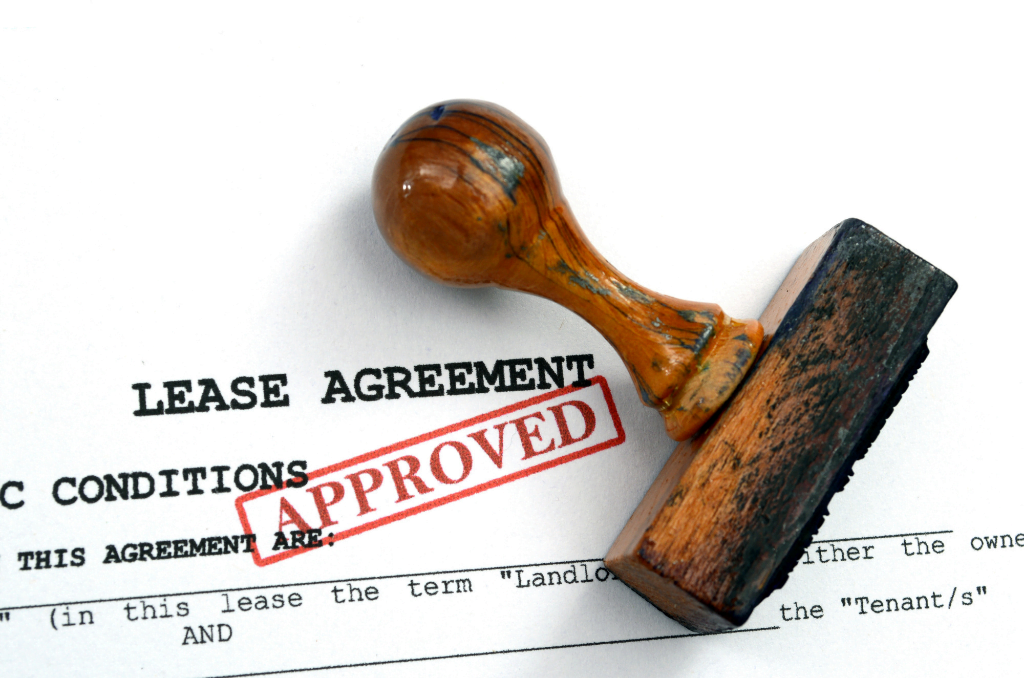Among those who are looking for renting out a room in your house? Although the dream has morphed a bit in recent years, many people still fantasize about owning a home. But owning a home is a costly proposition.
It is possible to have a home pay for itself. You can rent out an extra bedroom on either a short-term or long-term plan to bring in added income, and it will make use of the space you don’t use but are paying for.
In many areas, housing is extremely expensive. Apartment buildings charge renters for utilities and parking spaces, demand large security deposits, and are likely to increase the rent frequently.
When someone lives in an apartment, they cannot choose their neighbor. They are likely to have difficulty communicating with their landlord, who usually lives off-site.
While renting out a room in your house, you essentially become a landlord. You have an advantage over a traditional landlord in that your expenses are fixed, and the rent you charge can cover whatever expense you like.
In a world where Airbnb and Vrbo offer homeowners the chance to rent out their second homes for large wads of cash, the opportunity to rent out an extra room in your home seems like a no-brainer. But it takes brains, preparation, and some legal wrangling to make it possible.
The Legal Details
Before you get too far into the weeds of how to rent out a room in your house, you might want to find out if it is even legal in your community.
People rent out homes all of the time, and your city or town likely allows that. But adopting a border is an entirely different situation.
While renting out a room in your house to an unrelated person, you need to find out if your community has any zoning laws which could make it illegal. Do those laws make it more complicated than you anticipated?
● Do you require a permit to become a one-room landlord?
● Does the room you are renting need to meet any health or safety standards?
● Are you required to provide outside access to and from that room?
● Are you required by law to make that room handicapped accessible?
● Does the room need to be inspected before you can rent it out?
● Are you required to provide use of a kitchen or food preparation area?
In most cases, the laws you need to look into are local or city ordinances. They may involve zoning issues (a home where rents rooms are on the lists under a different zoning category than one used by a single-family). If your home is a homeowner’s association, it you need to examine it by-laws.
Another legal consideration is that any income you earn by renting out a room in your house is taxable. However, you can offset that tax bite by including any improvements to the room to make it inhabitable as a rented space.
Determine the Details When Renting Out a Room in Your House
To direct this topic, let’s consider that you are renting one-bedroom in a house with three bedrooms that you are living in. Here are the questions that you need to answer:
● How much does a single room rent for in your market?
● What are the charges for utilities?
● What are the rules for using the shared bathroom or (probably) kitchen?
● How are you going to determine and describe the privacy arrangements?
● Are there any rules regarding the renter’s behavior – inviting guests, living under a curfew, etc.?
Imagine yourself in the position of wanting to rent a room in someone else’s house. What would you wish to learn about your freedoms? The questions that come into your mind need to be addressed when you prepare the contract you want your renter to sign. This brings us to.

The Lease Agreement
There are online examples of the type of lease agreement you can use to secure the relationship between you and your renter. Consider all of the specifics of your relationship and make sure your lease agreement addresses all your concerns, rules, and obligations to both parties.
This contract is for your safety. It should completely specify your expectations for the person occupying your room. Designing your contract yourself is not costing you anything, meaning there is no reason to skimp on the details you put into the contract. Cover all your bases. It will prevent some (but probably not all) conflicts going forward.
Topics to consider in your lease agreement include:
● The length of the rental. Is it a month-by-month agreement, or is it set for a longer-term with penalties for early cancellation?
● Security deposit. It is a fund you get to hold on to until the lease agreement ends to pay for any possible damage to the room or common areas of the house caused by the renter.
The Demographics of Your Renter
After completing all the previous steps, you are now ready to find an occupant for your available space. To do so, you will need to create an advertisement to use on craigslist or other websites providing room for rent opportunities.
Your first step in marketing your space is determining what kind of renter you are willing to accept:
● Is there an age limit, either minimum or maximum?
● Look, for the need of a gender requirement?
● Are you going to have a criminal background check of your applicant?
● Considering the possibility of attracting someone foreign, will you have language requirements?
● Will you require a security deposit?
● Check, for character references?
Keep in mind that laws prevent you from excluding certain classes of people. In the U.S., there is a Fair Housing Law which details the exceptions that you have permission to make and the exceptions you may consider, which are, in fact, illegal. This law has undergone recent changes, so you need to check current restrictions to determine how far you can go in selecting the demographics of your renter.
There are free tenant screening guides online that you can manipulate to fit your own needs.
Marketing Your Space When Renting Out a Room in Your House
Since you are probably only offering one room, you do not need to find dozens of applicants, and you are only looking for one. Therefore, you can begin by employing the free options for finding a tenant.
Numerous community groups, such as senior centers, may have a listing service for potential tenants. If you live near a college or post-high school educational institution, it is likely to have a bulletin board (electronic or physical) where you can advertise your available space.
You also can get candidates from friends and coworkers. Let people know you have decided to rent that extra bedroom. Your networking will provide an extra layer of security; anyone suggesting a possible tenant will likely believe the person they suggest is reliable.
If you are having trouble locating acceptable candidates, you can pay to advertise your room on websites similar to craigslist.
Is it Worth the Trouble?
It certainly sounds like a good way to utilize that extra bedroom vacated by your now-adult child. But, becoming a landlord, even if it is just a one-room landlord, is a great deal of work. It is an added income, but it is also an additional hassle.
There are legal and tax ramifications, security, and safety issues to consider while renting out a room in your house; there may need to renovate or refurbish the room somehow, and there is a loss of privacy.
If you balance all those factors and decide to go ahead with the plan, use this guide as a step-by-step instruction manual for using that currently unused space.











